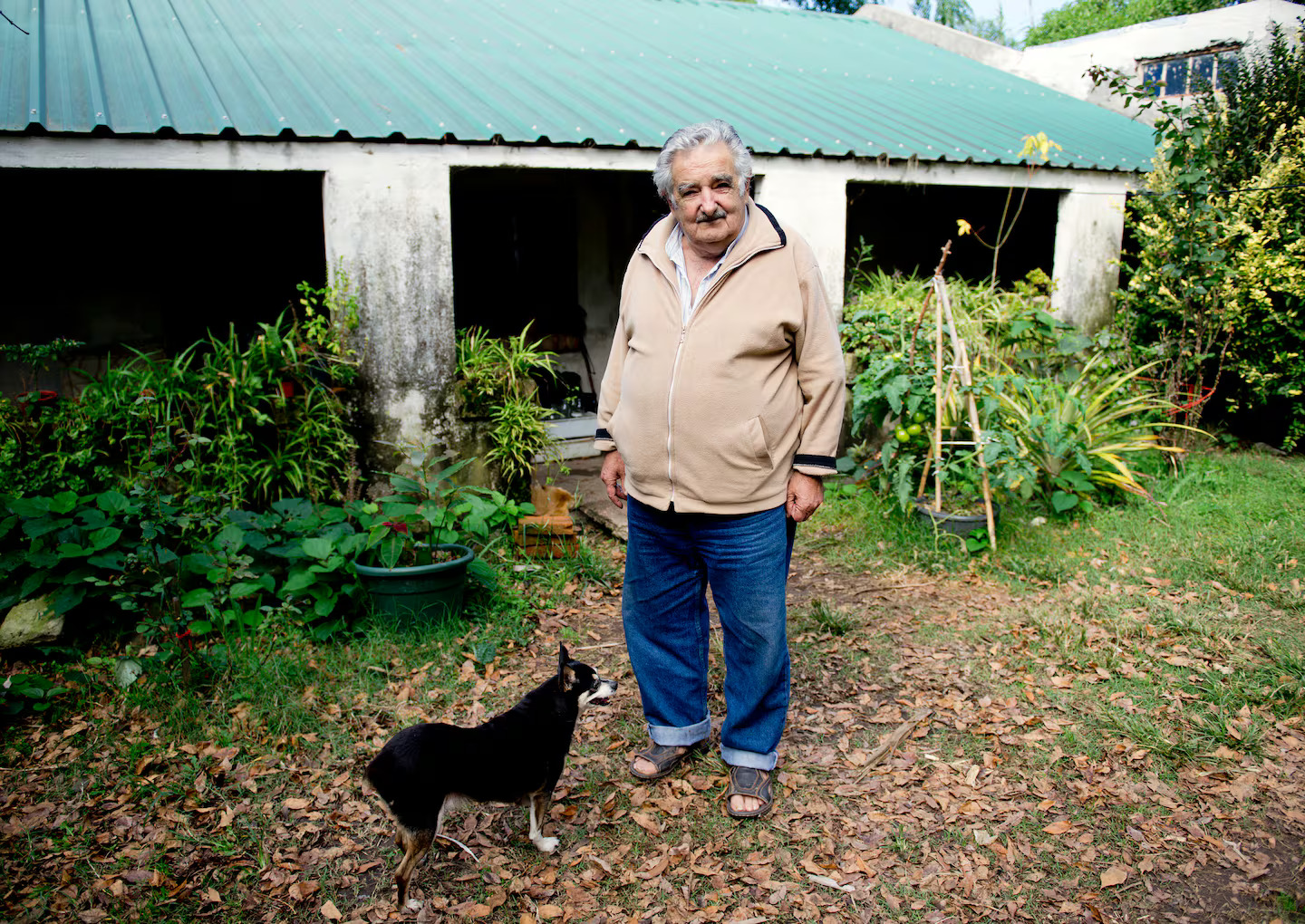PARIS – With spending on luxury goods down across the developed world in the economic crisis, luxury brands are increasingly looking far beyond the chic avenues of New York, London or Paris for revenue.
The new names on the lips of luxury professionals are far less familiar – Almaty, Shenzhen, Ulan Bator – respectively, the commercial capital of Kazakhstan, a major Chinese provincial centre and the capital of Mongolia.’The desire for luxury is more and more universal so the luxury sector has to reach its clients around the world,’ Yves Carcelle, chairman of Louis Vuitton, told AFP at the Paris launch of a new luxury website for China.Louis Vuitton earlier this month opened its first store in Mongolia, an Asian country of 2,7 million people with extensive mineral resources and an average per capita annual income of just US$1 800.’It’s a country that is taking off economically,’ said Carcelle, adding: ‘In just a few days, we already know the store is doing well and we should make as much in Ulan Bator as in a good-sized provincial town in China.’Antoine Belge, luxury expert at British bank HSBC, explained the strategy.’In Mongolia or in Kazakhstan, the big luxury brands are targeting pockets of wealth. In countries which are making revenues from energy, there are small communities of people that have money,’ he said.’When you open a store in a new city in China, the clientele in that city multiplies by a factor of 10. There’s the client who is used to buying the brand abroad and nine others who are new.’A study out this week by US-based consultancy Bain and Company showed luxury sales this year will drop by 16 per cent in North America, by 10 per cent in Japan and by eight per cent in Europe compared to last year.In Asia, however, sales are set to grow by 10 per cent.’First we get local elites familiar with our brand, then we open a place where we offer the same quality of service, the same products and therefore the same prices’ as in other brand shops, said LVMH, the world’s top luxury firm.Out of 300 openings of luxury stores in 2009, Bain said, 15 per cent will be in China, 25 per cent in other Asian countries, 30 per cent in the Middle East, and 15 per cent in Eastern Europe and the Middle East.Just 15 per cent would be in Western markets, the study found.’Emerging markets with dynamic profiles and appropriate economic potential will offer good growth opportunities,’ the Gucci luxury group said in a statement.The Gucci group now has more stores in the Asia-Pacific region except Japan (145) than in North America (102), including 38 stores in continental China without counting Hong Kong and Macau.’Thirty years ago the consumer was less informed. Now he is instantly informed, which forces us to take a global approach to new markets,’ said Sidney Toledano, chief executive of Christian Dior couture.’The digital revolution, with the global reach of information, has increased demand by acting as a catalyst for markets,’ Bruno Pavlovsky, fashion director for French fashion house Chanel, told AFP in emailed comments.’The fact that we are investing in new markets means that clearly they have a strategic role in the growth of our brand in the long term.’ – Nampa-AFP
Stay informed with The Namibian – your source for credible journalism. Get in-depth reporting and opinions for
only N$85 a month. Invest in journalism, invest in democracy –
Subscribe Now!










